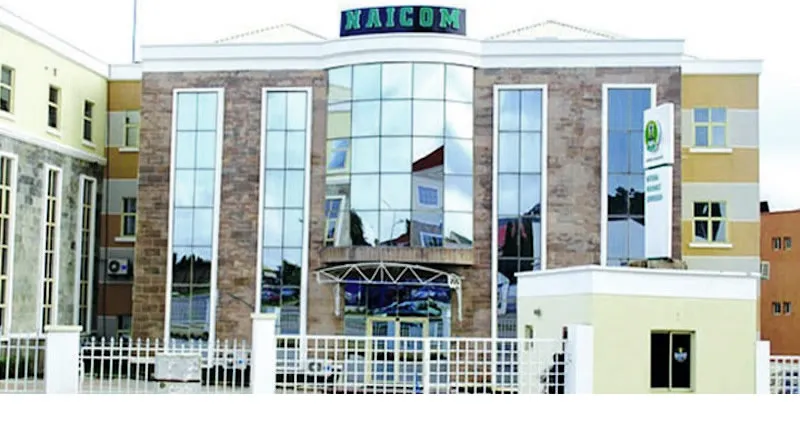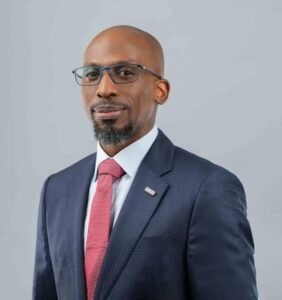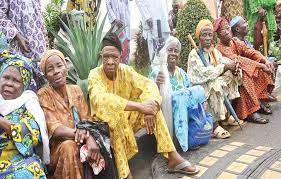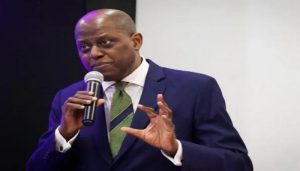
By David Akinmola
Despite efforts by the Nigerian government and insurance companies to increase awareness and access, insurance penetration in Nigeria remains critically low. According to the National Insurance Commission (NAICOM), less than 3% of Nigerians have any form of insurance coverage. Experts cite a mix of cultural, economic, and institutional factors behind the persistent reluctance to embrace insurance policies.
Cultural Perceptions and Mistrust
Many Nigerians view insurance with suspicion. For decades, fraudulent schemes and unfulfilled claims have eroded public trust in the system. “People hear stories of denied claims or never getting paid. That makes them skeptical,” said Chika Okafor, a financial analyst in Abuja.
In addition, cultural beliefs often play a role. Some Nigerians associate insurance—especially life insurance—with inviting misfortune. “In some communities, talking about death or insuring against it is seen as a bad omen,” Okafor added.
Lack of Awareness and Education
Low literacy levels and a general lack of financial education are also significant barriers. “Most Nigerians don’t fully understand how insurance works or the benefits it offers,” noted Temitope Adewale, a Lagos-based insurance broker. This lack of awareness results in low demand, particularly among the informal sector, which makes up over 80% of the workforce.
Economic Hardship
The economic realities of many Nigerians also make insurance seem like a luxury. With over 40% of the population living below the poverty line, daily survival takes precedence over long-term risk management. “People prioritize food, rent, and school fees. Insurance is not even on the radar,” said Adewale.
Poor Customer Experience
Insurers are also blamed for not simplifying access to services or making policies user-friendly. Complicated terms, slow response times, and opaque procedures frustrate potential clients. “The process of getting a policy or making a claim is often tedious and discouraging,” lamented Amina Musa, a small business owner in Kano.
Path Forward
To address these challenges, stakeholders are calling for more aggressive financial literacy campaigns, regulatory reforms to protect policyholders, and innovative microinsurance products tailored for low-income earners.
“The key lies in building trust, simplifying products, and showing the real value insurance can bring to everyday Nigerians,” said Dr. Sunday Thomas, Commissioner for Insurance at NAICOM.
Unless these challenges are addressed head-on, experts warn, the Nigerian insurance sector will continue to fall short of its potential in contributing to national economic resilience and personal financial security.








